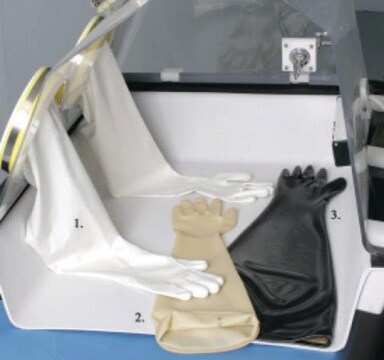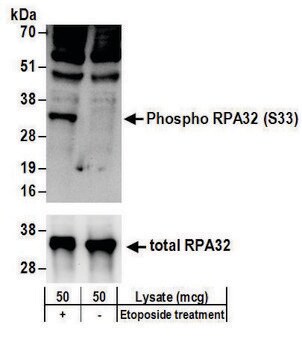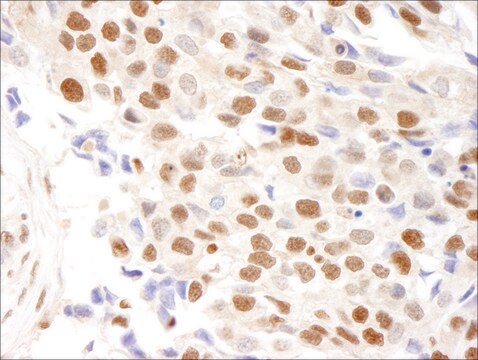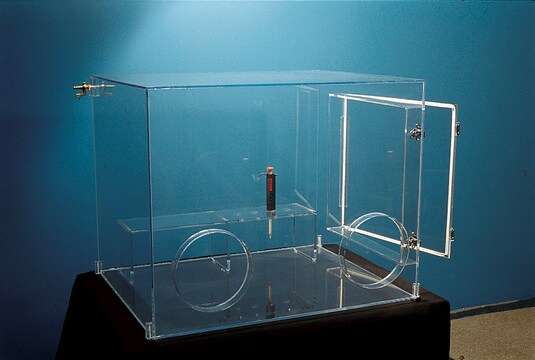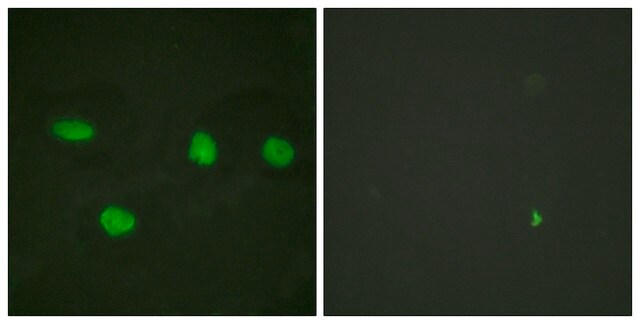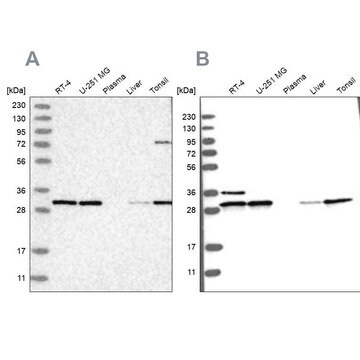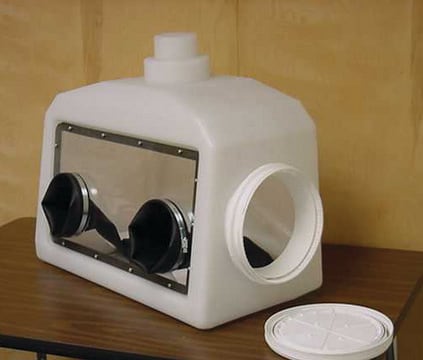PLA0071
Rabbit anti-Phospho RPA32 (S4/S8) Antibody, Affinity Purified
Powered by Bethyl Laboratories, Inc.
Sinónimos:
32kDa, REPA2, RF-A protein 2, RP-A p32, RP-A p34, RPA32, replication factor A protein 2, replication protein A 34 kDa subunit, replication protein A2, replication protein A2 (32kD)
About This Item
Productos recomendados
biological source
rabbit
Quality Level
antibody form
affinity purified immunoglobulin
antibody product type
primary antibodies
grade
Powered by Bethyl Laboratories, Inc.
species reactivity
human, mouse
technique(s)
immunocytochemistry: 1:500-1:5,000
immunohistochemistry: 1:500-1:2,000
immunoprecipitation (IP): 2-10 μg/mg
western blot: 1:2,000-1:10,000
accession no.
NP_002937.1
shipped in
wet ice
storage temp.
2-8°C
target post-translational modification
phosphorylation (pSer4/pSer8)
Gene Information
human ... RPA2(6118)
General description
Immunogen
Biochem/physiol Actions
Physical form
Other Notes
Disclaimer
¿No encuentra el producto adecuado?
Pruebe nuestro Herramienta de selección de productos.
Storage Class
12 - Non Combustible Liquids
wgk_germany
nwg
flash_point_f
Not applicable
flash_point_c
Not applicable
Elija entre una de las versiones más recientes:
Certificados de análisis (COA)
¿No ve la versión correcta?
Si necesita una versión concreta, puede buscar un certificado específico por el número de lote.
¿Ya tiene este producto?
Encuentre la documentación para los productos que ha comprado recientemente en la Biblioteca de documentos.
Nuestro equipo de científicos tiene experiencia en todas las áreas de investigación: Ciencias de la vida, Ciencia de los materiales, Síntesis química, Cromatografía, Analítica y muchas otras.
Póngase en contacto con el Servicio técnico